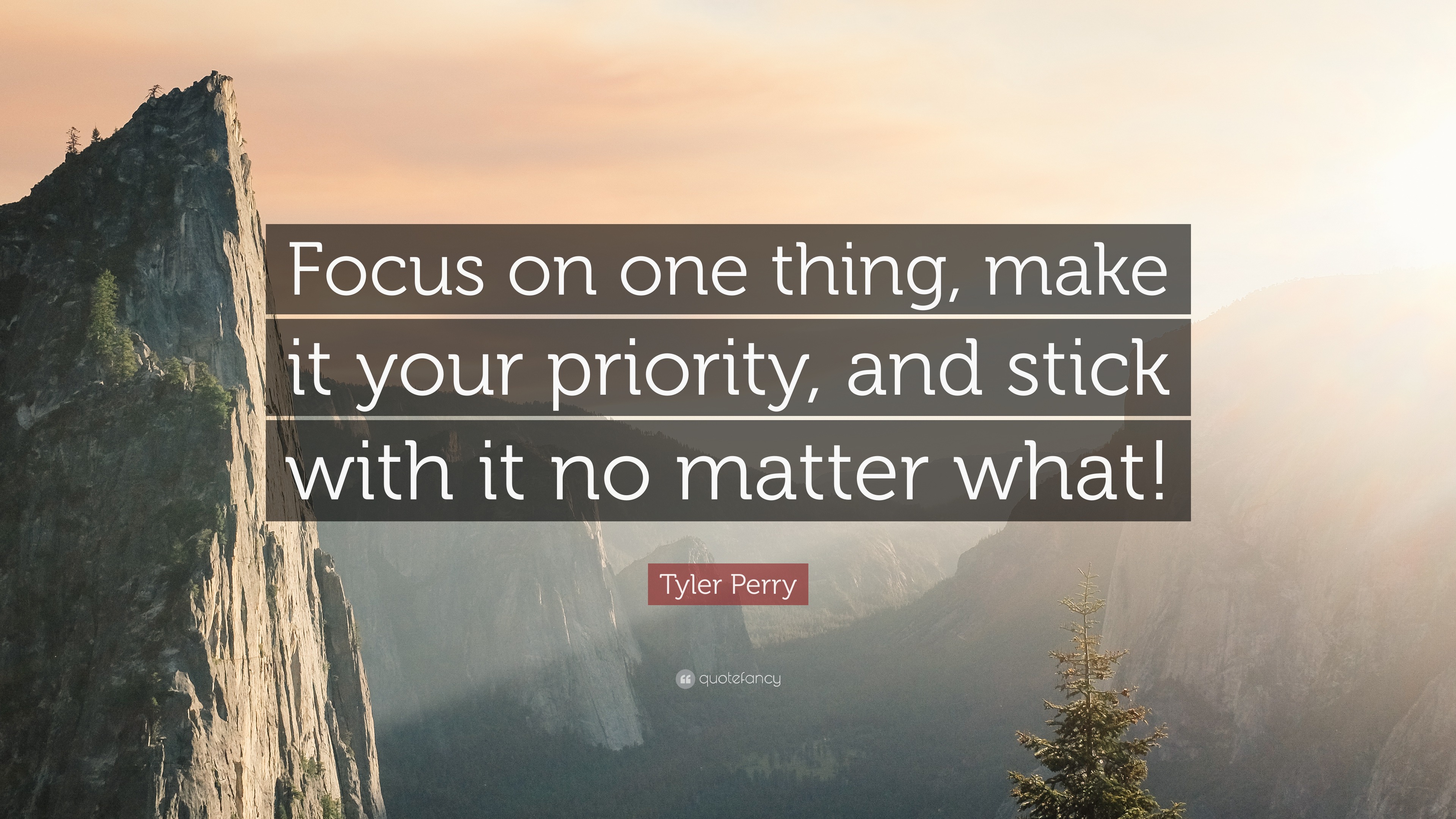
One of the reasons might be because of memory consolidation. The reasons for this are not entirely understood yet. Learning something spread over multiple days will produce longer, stronger memories, than learning something over a long burst on one day. The evidence here is very robust: we learn things better when we don’t cram it into a short period of time. The Case for Parallel Learning Goalsĭespite the advantages of focusing for getting projects finished, there are a number of compelling reasons from cognitive psychology to at least consider running learning goals in parallel. The simple case for focused learning is the same reason you focus with anything-to avoid crowding out your attention with things that are easier to to, but less important. So precisely when we need to be applying more effort to get over those humps is when we pull back.īy focusing your learning, it’s easier to push forward even when projects get difficult because you’ve committed yourself to not working on something else until you complete it.Īlthough the MIT Challenge certainly could have been set up as a side activity pursued over a decade, it’s not clear to me I would have pushed through some of the hardest times if there were other, easier, goals in competition for my attention. Unfortunately, learning new things is often very frustrating. Have six projects? Just figuring out which you should work on can be a chore, nevermind doing the actual work.Īnother pattern I’ve noticed when dealing with multiple projects is that we tend to push them forward when that’s easy to do. Have one project? Easy, just work on it when you have time in your schedule. Having more projects increases this mental overhead, and makes coordinating your efforts on completing them much more complicated.

For self-started projects, it’s very easy for them to fade into the backburner of non-urgent tasks. You need to juggle it with your background responsibilities of work and home. You have to organize your efforts over many days or weeks to get it done.

Working on a project that you’ve planned yourself is complicated. Instead, I see the benefits of focusing on a single learning project as the same benefits for doing a limited number of any kinds of projects-learning, self-improvement, work, etc.-simultaneously. The case for focused learning, in my mind, doesn’t really have much to do with learning at all. In this essay, I’ll try to explain what I think the compelling reasons are for learning things one at a time and in parallel, and then suggest some different strategies that cope with both. I don’t think there’s a clear-cut answer to this question, but it is one I’ve given a lot of thought. Is there a compelling reason to stick to learning only one thing? Or will you learn more if you try to learn different things concurrently? How many different subjects should you try to learn at once? It’s obviously not impossible to learn more than one thing at a time-in school you often have to learn many different subjects simultaneously.


 0 kommentar(er)
0 kommentar(er)
